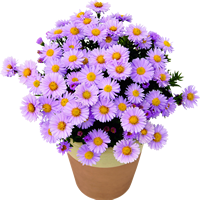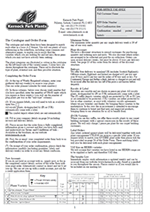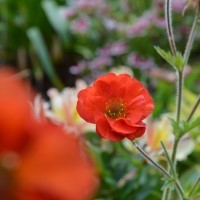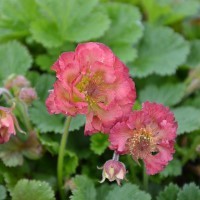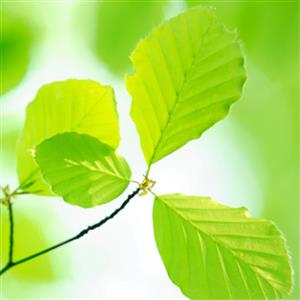 Peat Free Production Although the deadline for professional horticulture is yet to be finalised, we anticipate the transition to peat-free to be driven by the consumer. For the 2025 growing season, all our plants produced in 100% peat-free media. | 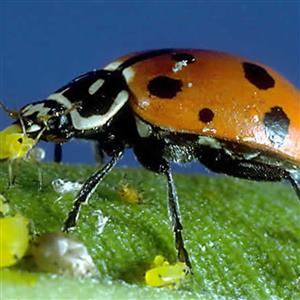 Integrated Pest Management Integrated Pest Management (IPM) uses cultural techniques, biological control agents and selective or short persistence pesticides to provide long term, sustainable, pest management. |  Responsible Sourcing and Passporting Plant passports are an EU official document to move regulated plants and plant products within the EU. If you’re based in England and Wales and you’re moving plants or plant products in the EU they may need plant passports. |
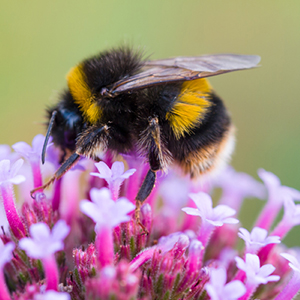 Neonicotinoids As a grower of ornamental plants intended to enhance our living environment, we are committed to actively seek methods of production that do not negatively affect wildlife populations, including pollinators such as bees. | 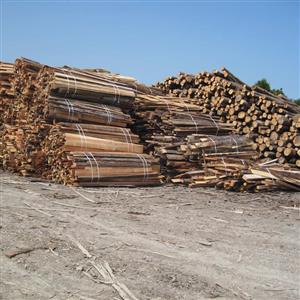 Wood Energy (Biomass) With the continuing increase in the cost of oil and the need to reduce carbon emission it was decided in 2005 to investigate alternative heating methods using a biomass fuel. Several options were considered and, in the end, woodchip was preferred, taking into account availability of fuel and the technical knowledge of burning this fuel in Europe. | 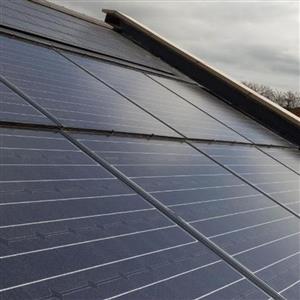 Photovoltaic Electricity Generation Photovoltaic (PV) is commonly seen on domestic roofs and large areas on agricultural land to generate electricity to feed back to the grid. |
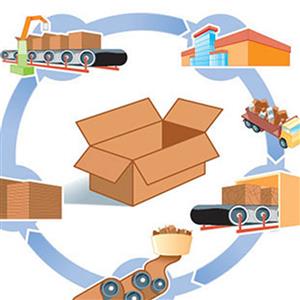 Recycled Materials Kernock Park Plants is fully committed to best environmental practise and sustainability. We use 100% recycled material in our packaging and we recycle all of our used packaging to ensure that landfill is minimised and the recycling loop is maintained. |  Water Collection Kernock Park Plants is fully committed to best environmental practise and sustainability. Rainwater is collected and stored in several on site reservoirs, which can hold an estimated total of 10,487,000 Litres of water. | |








 +44 (0)1579 350561
+44 (0)1579 350561


 Plant Finder
Plant Finder
